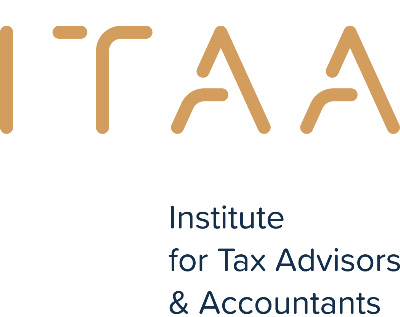Feature story
Accountancy Europe responds to the Commission’s consultation on corporate reporting and call for evidence
We commend the European Commission (EC) for its initiative and adopting a holistic approach to the three pillars of corporate reporting: corporate governance & reporting, statutory audit and their supervision.
Our profession is open-minded to change and ready to contribute to the EC’s efforts to enhance the corporate reporting ecosystem. We propose several solutions below, and in more detail in our consultation response (the deadline to respond is extended to 18 February):
- the overall framework should become more coherent
- integrating financial and sustainability reporting is crucial. This, supported by the auditor’s involvement in both, provides a more accurate picture of a company
- we support developing quality indicators for corporate reporting, audit and supervision
- robust corporate governance and reporting should underpin enhancing the auditor’s role in internal controls (including on fraud and going concern) and more informative audit reports
- all public interest entities (PIEs) should have a separate audit committee
- we would welcome further simplification and harmonisation of the audit rules across Europe, including removing Member State options
- we welcome the EC looking into ways to increase choice and capacity in the PIE audit market. Further evidence is needed on how any measure, such as joint audit, would impact audit quality
- we see merit in harmonising reporting and audit supervisors’ policies & activities and enhancing the transparency of their work
- we support robust supervision and regulators at EU and national level
- the supervisory framework should build an environment that fosters learning and development for companies and auditors
International developments
Accountancy Europe responds to the IAASB’s proposed auditing standard for less complex entities
Our response to the exposure draft on the proposed International Standard on Auditing of Financial Statements of Less Complex Entities (ISA for LCE):
- presents overall support for the initiative, noting that there is an urgent need for a global LCE auditing standard
- makes specific recommendations to improve and simplify the proposed standard
- encourages the International Auditing and Assurance Standards Board (IAASB) to engage with national standard setters, regulators and audit oversight bodies
- reminds of the importance of ensuring the ISAs’ scalability
Invitations for application to the IAASB and IESBA
The two invitations for application to the IAASB and the International Ethics Standards Board for Accountants (IESBA) are open to all individuals, either nominated by organisations or applications from individuals on their own behalf. Interested organisations, such as those representing investors and audit committees, regulatory bodies, national standard setters, accounting and audit firms, professional accounting organisations etc., may also nominate candidates.
The application period is open until 30 March 2022. Successful candidates will commence their membership on 1 January 2023.
IAASB responds to the high demand for assurance engagements on sustainability and ESG reporting
The IAASB expects the drive for added corporate reporting and disclosure on sustainability and climate-related information only to accelerate. As with financial reporting, the IAASB believes that market participants are best served when financial and other reported information benefits from external assurance.
Therefore, to build on its work, the IAASB agreed to dedicate capacity and resources to the assurance of sustainability/environmental, social, and governance (ESG) reporting. Information gathering and research activities will determine future IAASB action and initial consultations, which could lead to:
- developing new subject-matter specific standard(s) that build on and supplement ISAE 3000 (Revised)
- targeted enhancements to ISAE 3000 (Revised)
- other related actions that are necessary in the public interest. For example, revising existing guidance or developing new guidance


